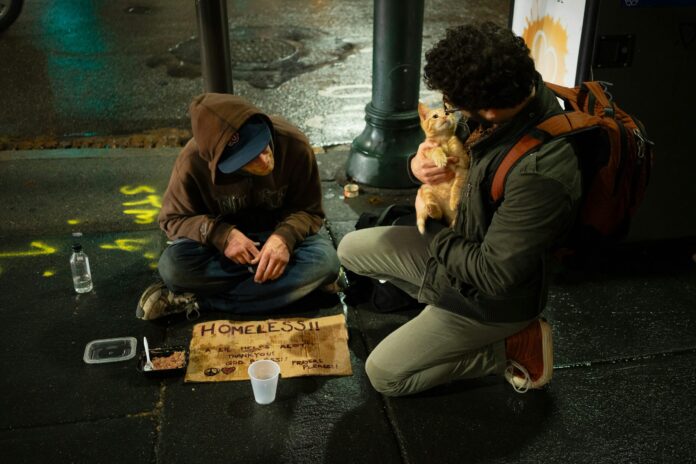A research scientist at the University of British Columbia says helping young people become free of substance abuse requires an understanding of their reasons for using drugs, their experiences in life, and their concerns about the system.
Dr. Danya Fast spent 15 years connecting with young people who use drugs and captures those stories in her book, The Best Place: Addiction, Intervention, and Living and Dying Young in Vancouver.
The book traces the lives and deaths of these young people as they navigated services and systems as a public health overdose emergency swept BC.
The youth Dr. Fast came to know started to die as the overdose epidemic began in 2016, making her realise the book wasn’t only to be about life as a young person who uses drugs, but also about dying young.
“What became very clear to the young people who I was working with, as fentanyl basically displaced heroin in the drug supply, was that this substance was much much more addictive, much much more dependency forming, and so young people started to talk about just being wired or addicted to this substance in a way they had just never experienced before.”
Dr Fast says an obstacle when providing treatment for youth is that it’s something they don’t necessarily want help with when approached.
She found they faced systemic issues including colonialism, entrenched poverty, government care involvement and cycling through foster care and group homes.
“Some of them were fleeing situations like that on the streets of Vancouver where they were sleeping outside, and then eventually in shelters and after that in government subsidized supportive housing buildings, and across all of those experiences, starting from the government care placements all the way into the supportive housing buildings, they were experiencing a tremendous amount of housing instability.”
She that instability was one of the key things that was really shaping their substance use.
Dr. Fast says that living on the street they found friends, social activity, and excitement in using drugs.
She says the youth experienced chronic boredom from entrenched poverty, and instability in terms of their housing situations, and that brought them to the streets of Vancouver and shaped their substance use because taking drugs brought them together with friends with similar social experiences, creating a “very exciting social world in the city of Vancouver.”
She says the importance of connection and sociality for young people is sometimes undermined by housing environments, treatment, and programming.
Dr. Fast says there is a need to consider interventions that foster social connection, instead of spaces that are just overdose prevention sites, they can become social spaces with other things happening.
“What the young people who I worked with, what they really wanted was to connect with each other, they wanted to form romantic relationships with their romantic soul-mate, they wanted to have rich social worlds filled with friends and also trusted adults who were supporting them, places like a drop-in centre embedded in a community staffed by trusted adults as well as peers, a place where young people can go and connect and do things that bring them joy and that they are passionate about, like art or music or sports.”
She says health services can be embedded within these spaces, with overdose prevention available, along with harm reduction supplies and programs.
Dr. Fast found many of the Indigenous youth experienced colonialism and their stories underline distrust in health services, drug treatment and housing, and this distrust could inform moments of refusal to engage with systems.
She hopes her book provides a different perspective than a lot of the work that is out there, which often focuses on addressing the risks and harms of substance use, and helping or saving people who use drugs. Instead, young people see drug use as opening up different kinds of possibilities for them, and it is something they don’t necessarily want help with stopping.



